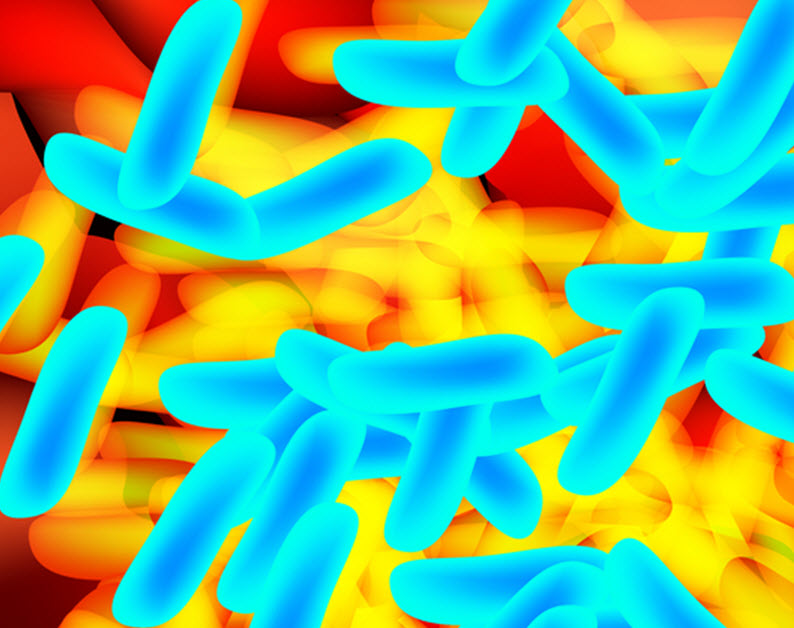The buzz about prebiotics and probiotics is nothing new, but you may still have questions as to their actual functions and whether they would be good for your dog. If so, read on!
The most common reason prebiotics and probiotics are recommended is for regulation of the intestinal tract. This “irregularity” generally refers to diarrhea and constipation but may also include flatulence. These symptoms are associated with, and sometimes caused by, changes in your dog’s gastrointestinal bacteria. So, what exactly are these bacteria-modulating products and are they right for your dog?
How They Help
Prebiotics and probiotics are as timeless as our ancestor’s use of soured goat’s milk, yet they are a relatively new field of study for veterinary nutritionists. Much research has taken place to fully understand the impact of the microorganisms that live symbiotically within us.
We know that they help maintain the intestinal immune system, influence the proliferation of intestinal cells, and keep our body from using too much energy to extract the nutrients from the food we eat. We also know that the bacteria in our gut have the potential to help or harm our health by aiding in the many chemical reactions that take place in our intestines.
For these reasons, many veterinarians are in favor of influencing these bacteria by offering simple prebiotic and probiotic supplements to improve a dog’s overall health. These products are usually formulated as oral supplements such as tasty chews, powdered formulas or dog foods labeled “for intestinal health.”
How They Differ
Prebiotics are fibrous, nondigestible food additives that are used by the beneficial bacteria that live in the large intestines. Two major classes of prebiotics have been shown to be effective in treating infectious and non-infectious gastrointestinal diseases in dogs:
- Fructooligosaccharides (FOS) contain the sugar fructose which is a preferred energy source for the beneficial bacteria known as Lactobacillus, Bifidobacterium and Bacteriodes. On the other hand, fructose isn’t favored by the bad bacteria such as E. coli, Clostridium and Salmonella, among others. Therefore, FOS compounds offer a reproductive boost for the good bacteria.
- Mannan oligosaccharides (MOS) contain a sugar mannose, which limits the ability of bad bacterial to attach to the intestinal wall, thereby allowing the harmful bacteria to be passed through the intestines without causing damage.
Probiotics are live microorganisms that stimulate the production of more beneficial bacteria. When given in adequate amounts, these microorganisms are shown to have specific health benefits when the intestinal flora reaches an optimal balance of beneficial bacteria.
Why Vets Recommend Them
Veterinarians recommend prebiotics and probiotics for dogs with intestinal symptoms because they’re safe to use, they can replace riskier therapeutic options and dog owners love them. Their dogs respond well, they come in flavorful treat formulas and they avoid the side effects of prescription drugs. For optimal health, many dog owners make a probiotic part of their daily routine.
This blog is brought to you by Under the Weather®, makers of a line of vet-formulated functional soft chew treats for dogs. Our chicken liver flavored Probiotic treats help dogs maintain the right balance of beneficial bacteria in the gut, shown to promote overall well-being. Manufactured at our facility in Vermont.
Under the Weather is also an avid participant in the pet overpopulation cause. A portion of every sale is channeled to the Ruffy Rescue Transport Fund which finances the transportation of pets from overpopulated shelters around the U.S.A. to Vermont for adoption. The fund also covers the cost of spaying and neutering these animals. To date, we have helped save the lives of over 2,000 pets. Get to know more about Ruffy and the inspiration for our company.
View Our Products
Visit Our Blog Library




